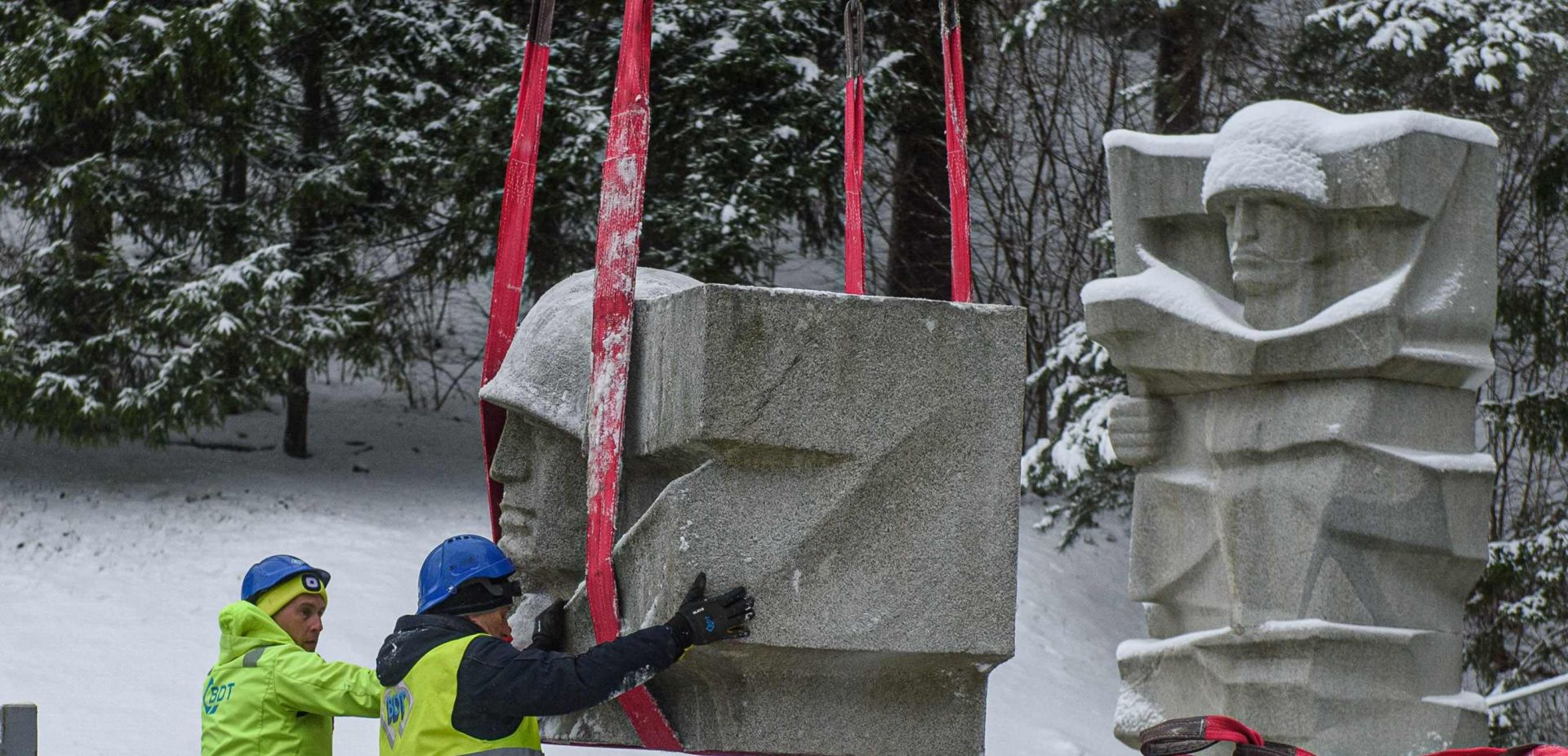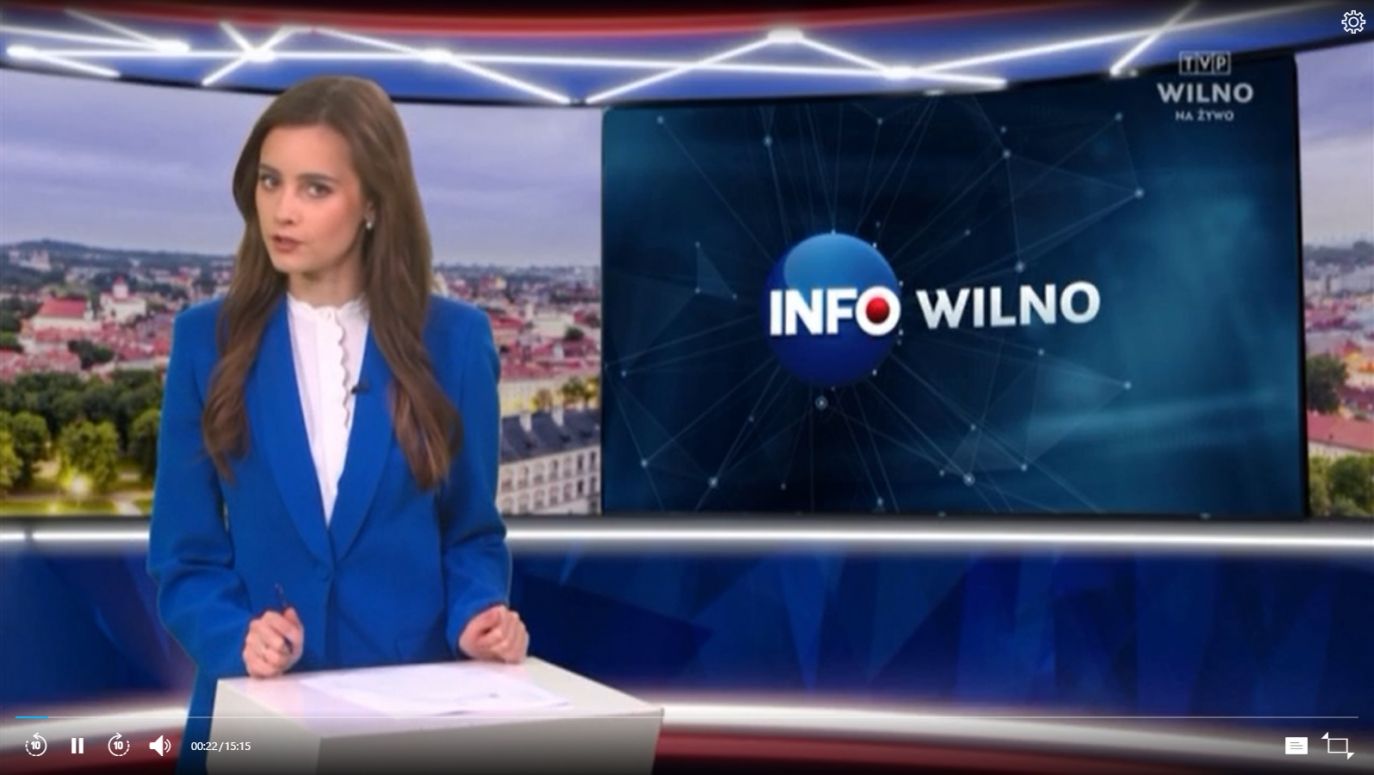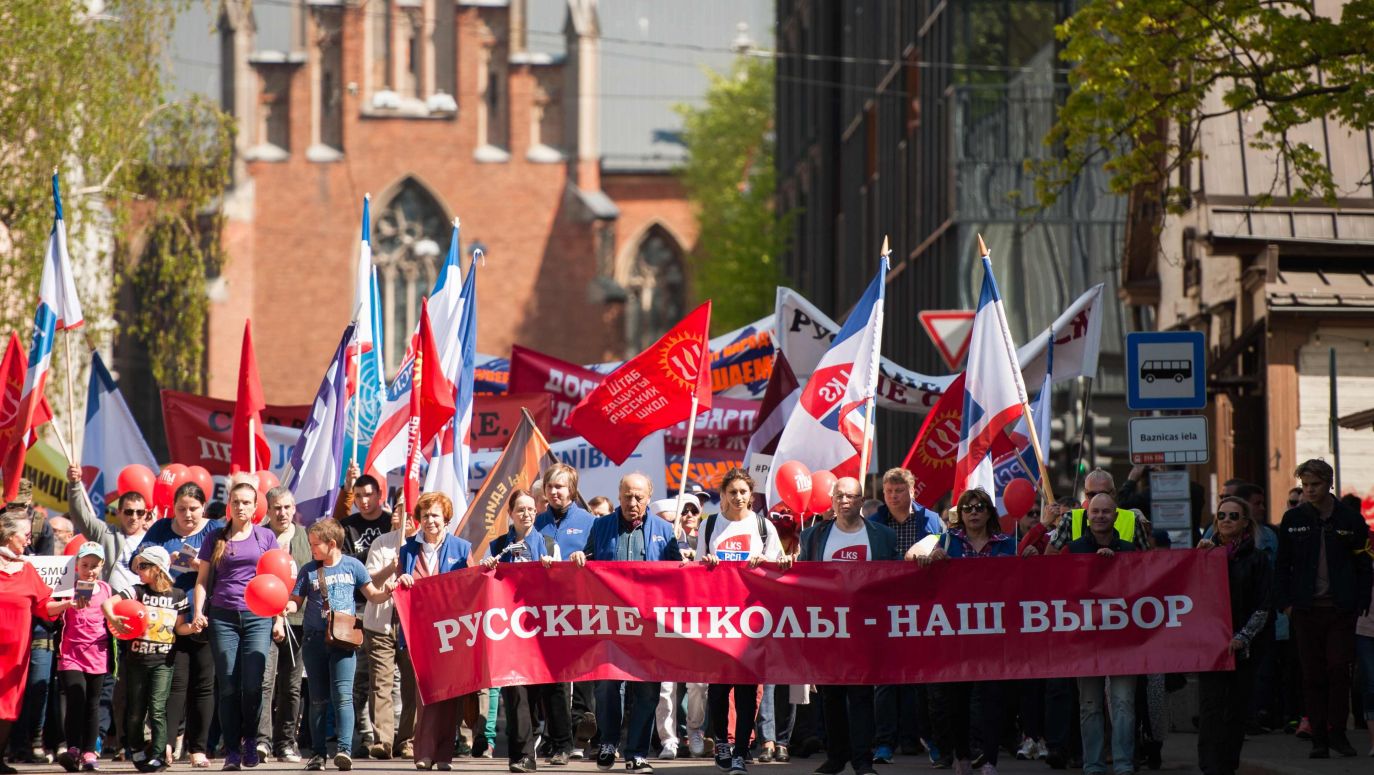For its part, the Latvian Ministry of Justice is proposing administrative restrictions on the use of Russian in the workplace. – It is necessary to establish a ban on the use of a language that is not the language of the European Union when selling goods or providing services, announced Minister Janis Bordans. The draft law provides that, apart from certain cases, state and municipal institutions and companies, as well as shops and various types of service providers, i.e. banks, telecommunications companies and public transport, will be prohibited from communicating with customers in Russian. This language should also disappear from advertisements, contracts, invoices, as well as from websites. Yes, it would be possible to communicate with customers in Russian, but on an individual basis.
Estonia softer than Latvia
The situation in Estonia is similar to that of Latvia. Before World War II, the Russian population constituted only a few percent of the population. After the war, the situation changed drastically – Russians flocked here en masse, today making up a quarter of the population. According to the 2021 census, Russian-speaking residents account for 28.5 percent, and in the capital of the country, Tallinn, as much as 48.8 percent! In addition to Belarusians speak Russian at home in as much as 85% of, 80% of Jews – in 80%, Poles – in 55% and Ukrainians in 54%.
As in Latvia, not all residents of Estonia have been granted Estonian citizenship. Only those Russians whose ancestors lived here before got them. Those who settled after the war and their descendants had to apply for Estonian citizenship, including proving their knowledge of the Estonian language. In Estonia, there is also a large group of “non-citizens” (
välismaalase in Estonian), today about 6 percent.
In Estonia, Russian is also slowly disappearing from schools. 62 members of the Riigikogu (Estonian parliament) voted for the adoption of the law, 16 were against. The main language of instruction in schools and other institutions for children is to be Estonian. The transition of kindergartens and primary schools (grades 1 – 4) to Estonian will take place in the school year 2024/25. Institutions wishing to continue teaching in Russian and other languages will have to apply for permission from the Estonian government. This permission will be valid for one year.
Recently, there has been a discussion on Estonian television, which indicates that Estonians may turn out to be more cautious than Latvians and Lithuanians. – Apart from education issues, however, I’m not sure if Latvia is a role model for us. We have been planning our own reforms for a long time and I don’t think Estonia will follow the Latvian path. That is, we will not restrict the use of the Russian language in cinemas, theaters or other public places, said Radio 4 editor-in-chief Julia Balij. However, according to Inna Plavoka, head of the Russian-language portal chayka.lv from Daugavpils, everything depends on how events unfold on the Russian-Ukrainian front. – It seems to me that the socio-political situation in Estonia and relations with Russian-speaking people are different. I don’t think Estonia will follow Latvia’s path, she said.
Nevertheless, as the daily “Postimees” wrote last year, the latest census showed that while 10 years ago the most popular foreign language in Estonia was Russian, today it has become English. Today, 48 percent know it. population (in 2000 it was 26%). On the other hand, Russian is spoken by 39% of the inhabitants (in 2000 – 43%). Interestingly, 17% of the population knows Estonian, although it is a foreign language for them.
De-Russification in full swing
The Baltic states are an example of how the Russian aggression against Ukraine had far-reaching effects, completely different from the Kremlin's intentions. This de-Russification processes in Lithuania, Latvia and Estonia have been going on since these countries regained their independence, but they have been quite slow. Now they sped up. It has become obvious that the Russian language is a tool used by Russia to achieve its neo-imperial goals. Therefore, this tool must be disposed of.
Vladimir Putin's dream of a “Russkiy Mir” of Russian-speaking people, culturally and religiously linked to Russia, will therefore shrink. And this trend is unstoppable.
– Piotr Kościński
– Dominik Szczęsny-Kostanecki
TVP WEEKLY. Editorial team and jornalists

 SIGN UP TO OUR PAGE
SIGN UP TO OUR PAGE
 Before World War II the Russians in the so-called Kaunas Republic, constituted only about 2 percent, and in the Polish Vilnius region, in October 1939, “gifted” to Lithuania by the USSR, this percentage was equally modest. After the country was re-occupied by the Soviets, in 1940 and 1945, Russians began to come here – military men and party activists. According to the 1989 census, they accounted for 9.4 percent of the population. After Lithuania regained its independence, their number began to decline.
Before World War II the Russians in the so-called Kaunas Republic, constituted only about 2 percent, and in the Polish Vilnius region, in October 1939, “gifted” to Lithuania by the USSR, this percentage was equally modest. After the country was re-occupied by the Soviets, in 1940 and 1945, Russians began to come here – military men and party activists. According to the 1989 census, they accounted for 9.4 percent of the population. After Lithuania regained its independence, their number began to decline.





